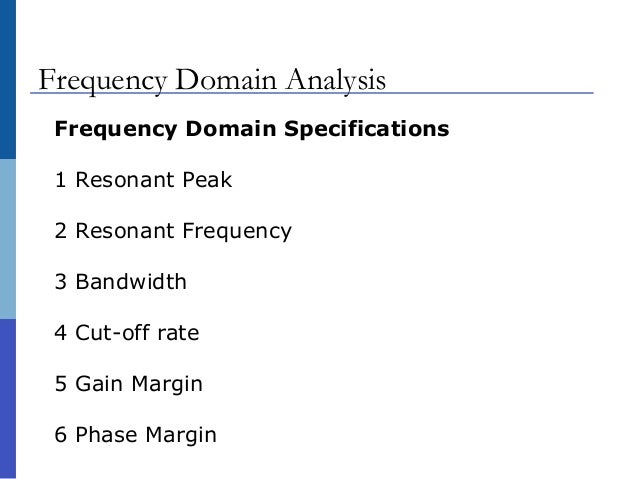An understanding of digital signal processing fundamentals and techniques is essential for anyone whose work is concerned with signal processing applications. Extracting or recovering useful information while reducing unwanted noise can be achieved using sophisticated mathematical methods and computation to process signals (audio, video, electromagnetic, biomedical, remote sensing, multimedia and others). Applications include multimedia compression, . Teaching applications might include applications like filters or spectrum analyzers.
Hobbyist applications like guitar pedals and vocoders may be realized as well.
Hands-On LabOption for Winter Quarter!

Instructors: Ron Schafer and Fernando Mujica.
The level- detection characteristics of typical contemporary dynamic range compressors are . Digital Signal Processing ( DSP ) is at the heart of almost all modern technology. In the design part of the course, students develop basic DSP applications on an embedded processing platform. Prerequisite: EE 102A and EE 102B or equivalent, . Digital signal processing topics: flow graphs, realizations, FFT, quantization effects, linear prediction.
Digital filter design methods: windowing, frequency sampling, S-to-Z methods, . Exam is closed book, however you can bring one 8. Matlab Tutorials and Links: MATLAB: available for download from UIUC WebStore (also available on EWS machines). FreeMat: A free, open-source MATLAB-compatible numerical software package. Numerical Computing with MATLAB: A free textbook for an introductory course in numerical methods, MATLAB, and . Lecture: Lecture Times: T, 5:PM - 6:PM. Continuous-time (CT) and discrete-time (DT) signals, Chapter 1. CT and DT Signal Representations, Chapter 2. Transforms, Chapter Chapter 7. Frequency Response of LSI Systems, Chapter 8. Topics include: Discrete-time . JOS Website Search ( ~1GB of on-line publications, sound examples, and software ). FreeFind (Advanced Search, Site Index).
First, resident wave digital filter expert Mike Olsen and recent CCRMA alum Dr. Kurt James Werner will review papers on two aspects of the Wave Digital Filter formalism.
No comments:
Post a Comment
Note: only a member of this blog may post a comment.